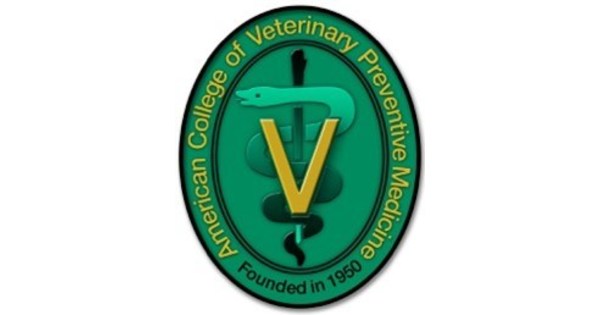The first bill, Colorado House Bill 24-1048, emphasizes the necessity of establishing a veterinarian-client-patient relationship (VCPR) through an in-person examination before utilizing telemedicine. Effective immediately, this legislation aims to ensure proper diagnosis and treatment plans by prioritizing physical assessments.
On the other hand, Colorado House Bill 24-1047 expands the roles of veterinary technicians and veterinary technician specialists (VTSs), while providing clarity on delegated tasks and granting title protection for VTSs. This bill, effective January 1, 2026, is designed to optimize veterinary team efficiency and enhance job satisfaction.
Rep. Karen McCormick, a veterinarian and key proponent of these bills, underscores the importance of these legislative changes in elevating veterinary standards and improving patient care. The bills received strong bipartisan support, signifying a collective effort toward advancing veterinary practices in Colorado.
The telehealth bill, HB 24-1048, outlines specific telehealth modalities permissible in veterinary practices and mandates an in-person examination for establishing a VCPR. It also empowers licensed veterinarians to utilize telemedicine for client services with proper consent and supervision, while ensuring compliance with confidentiality regulations.
Additionally, the bill extends VCPR privileges to other licensed veterinarians within the same practice location and allows for telesupervision of staff members, further enhancing accessibility to veterinary care across the state.
HB 24-1047, addressing veterinary technician scope of practice, delineates the tasks that technicians and VTSs can undertake under various supervision levels. By recognizing their education and training, the bill aims to optimize the utilization of veterinary technicians, thereby reducing veterinarians’ workload and enhancing overall practice efficiency.
Moreover, the legislation introduces title protection for VTSs and establishes a pathway for technicians to obtain VTS designation, signaling a commitment to professional development and workforce growth within the veterinary field.
These bills garnered support from various stakeholders, including agricultural associations and veterinary medical organizations, reflecting broad consensus on the need for progressive reforms in veterinary healthcare delivery and technician empowerment in Colorado.



